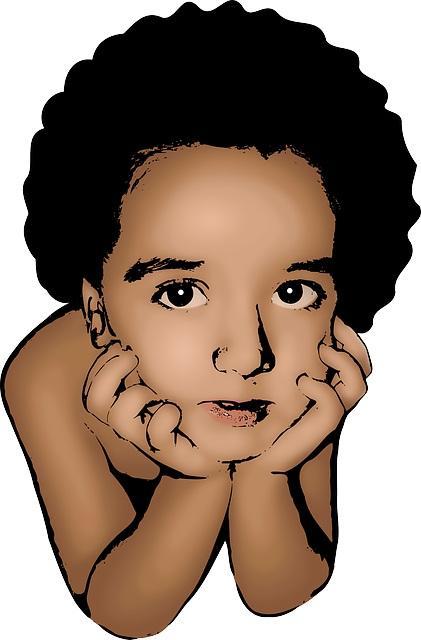Hearing is one of our primary senses and even as infants, we begin to hear and recognize the rhythm and melody of voices and sounds. As the infant grows into a child, the effect of hearing loss or even impaired hearing can be quite detrimental to the child's overall ability to learn spoken language and communicate properly.

Newborn babies usually 'startle' or jump in response to sudden noises. They tend to turn their head in the direction of sound as well. By the time they are about 2 months old, your baby's hearing ability becomes quite advanced and they should now be able to hear sounds in different pitches, intensities and tones.
By the age of 3 to 4 months, your baby will start recognizing your voice and can vocalize consonant sounds (M, K, G, P and B) and even some vowel sounds. Shortly thereafter, the baby will start giggling and making distinct sounds in response. As she becomes 8 to 9 months old, your baby can co-relate between words and gestures. A year old child is capable of understanding simple words like "milk" "bottle" or "bath". They also are able to say words like "Mama" or "bye-bye".
If the screening test of your baby in hospital suggested a potential problem or if your baby does not demonstrate the hearing responses listed above, you should consider a full hearing evaluation. See if the baby does not respond to things said to him/her or if he/she does not seem to notice that you have spoken to them.
Another common symptom is if your baby needs to search right and left to find the voice or sound. Children with hearing impairment are sometimes unable to say words and sentences the right way and have difficulty hearing one voice when several people are talking. A more convincing sign of hearing loss is poor performance at school.
In fact, children of all ages may need a full hearing evaluation if they have pre-existing conditions that can cause hearing loss, if they have been taking medical treatments that may have hearing loss as a side effect or if you have a family history of hearing problems.
It can be difficult growing up with hearing loss. It may cause children to be sad because they cannot understand why people shout at them. It may lead them to be angry and frustrated at not being able to hear or communicate, or shy around people they don't know, because they can't understand everything they say. They may be unusually quiet and withdrawn at school if they are not able to hear the teacher well or follow instructions. As you may imagine, it can quite painful and exhausting.
They may also exhibit behavioral problems and develop low self-esteem. The child may start to believe they are not capable of doing things their peers can.
If you think your child has a hearing problem, please do not hesitate to contact your nearest clinic or a health professional. Hearing loss is common, affects thousands of people of all ages and a cochlear implant is a viable solution.
